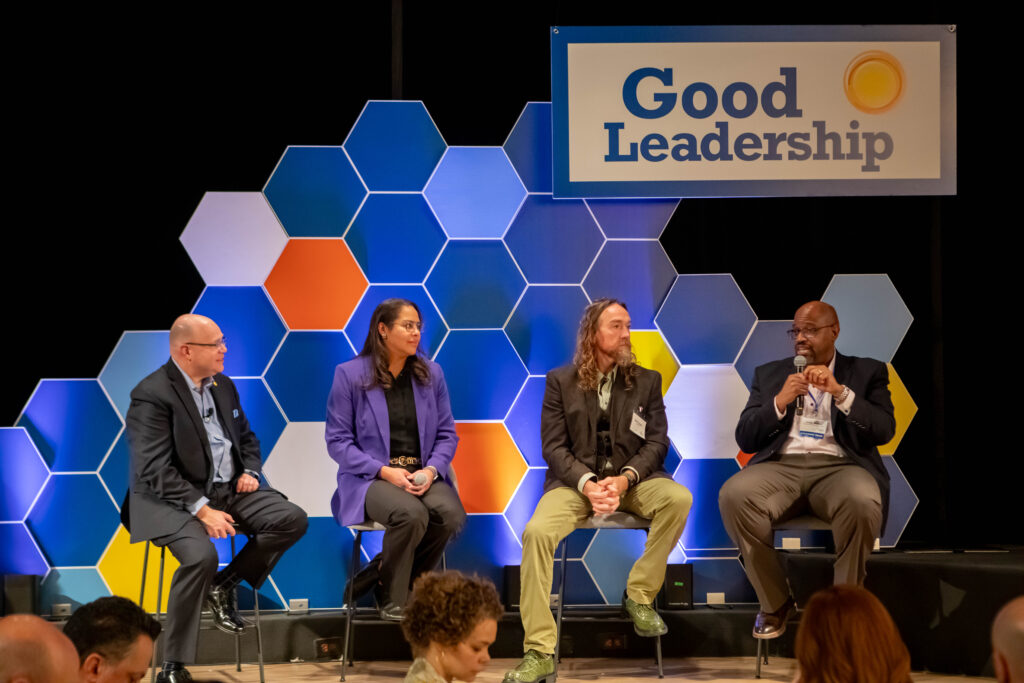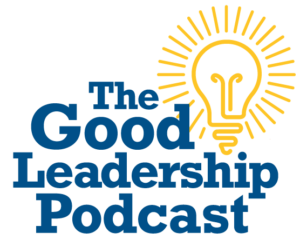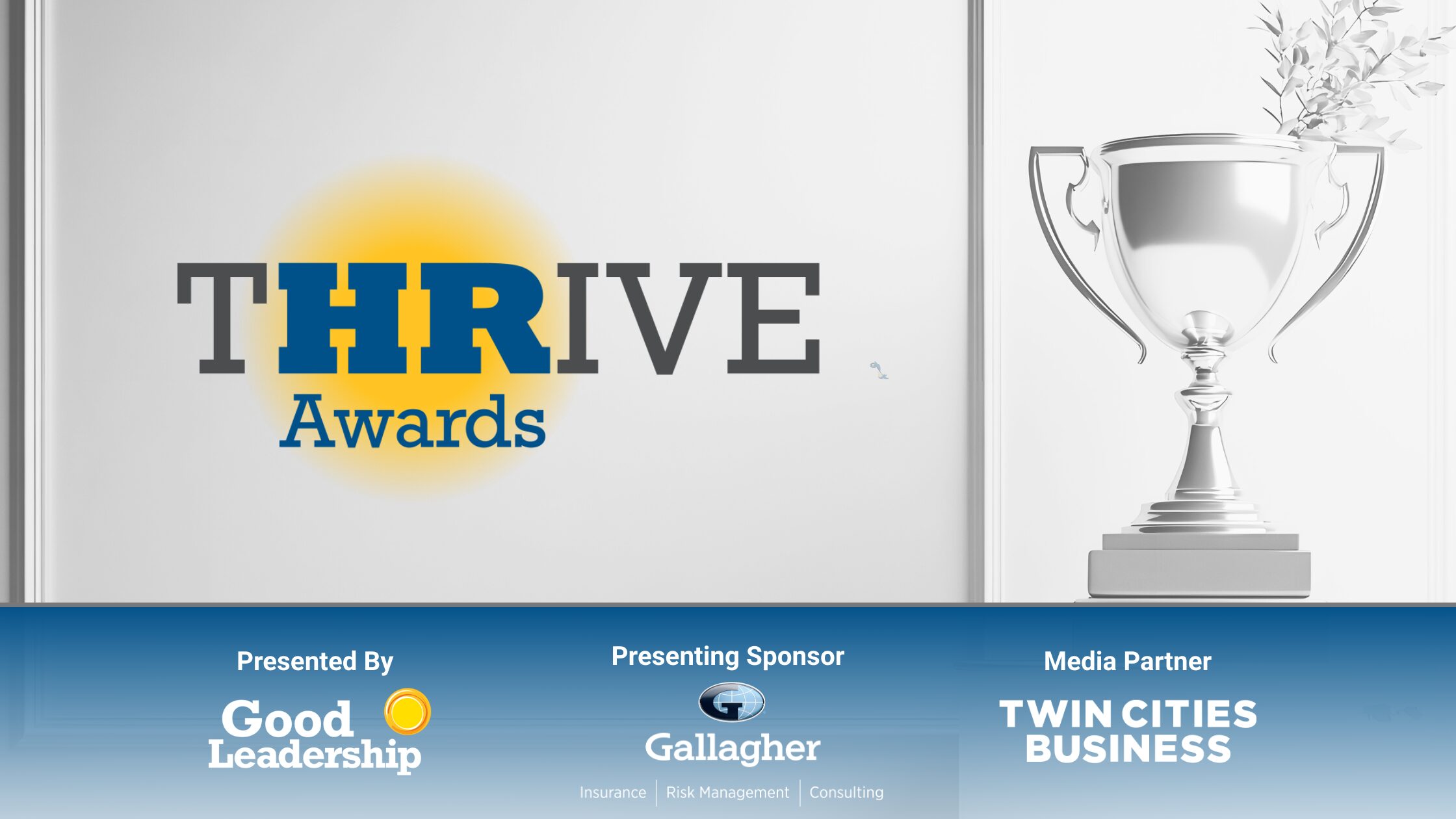

Recent Podcast Episode: Healthy Accountability Research is a Milestone in Leadership Research
Kevin Sensenig

This blog recaps a recent Good Leadership podcast episode featuring Paul Batz and me where the discussion centered on highlights from the Good Leadership Conference and the insights gained from the Accountability Research Project. If you want to listen to the podcast, click here.
A Momentous Conference to Share Findings
On November 22, the Metropolitan Ballroom and Clubroom hosted the Good Leadership Conference to unveil the year-long research findings in real time. More than 250 senior executive leaders gathered to engage in the event. From the start, there was a blend of nervous anticipation and high energy. Questions loomed about how the audience would receive the content, whether it would resonate from the stage, and how engaging the user-group format would feel.
Within 20 minutes of conference kickoff, a sense of calm set in. The energy in the room was dynamic, and conversations among participants were meaningful and impactful. Observing this engagement reinforced confidence in the day’s purpose.
Insights from the Research
The conference opened with participants engaging in live polling, table discussions, and hearing testimonials from steering team members. These elements allowed participants to compare their perspectives with broader research findings and offered a platform to share candid experiences.
A few polling results in the room highlighted how accountability is viewed in organizations. For example, 61% of respondents described accountability as more reactive than proactive. Another key insight showed that only 5% of respondents felt accountability was consistently positive within their organizations, with 50% perceiving it as more punitive than positive. Additionally, 67% indicated that accountability was often avoided rather than sought out.
These insights resonated with senior executives in the room who reported similar challenges. This collective honesty created an atmosphere where participants remained open and eager to learn more, rather than becoming defensive.
Debunking Accountability Myths
The research debunked several myths about accountability. For instance, 95% of respondents stated they care about delivering good work on time, challenging the notion that accountability issues stem from generational differences. Instead, the research showed that the biggest influences on accountability are role clarity and access to organizational information, rather than age or tenure.
Challenges and Opportunities
However, the data also revealed areas for improvement. 62% percent of respondents described the concept of accountability as feeling negative and punitive, and 32% believed accountability was inconsistently applied across their organizations. One word repeatedly surfaced to describe accountability’s current state in conference participants’ organization: inconsistent.
The Pathway to Healthy Accountability™
The research hypothesized that healthy accountability stems from strong interpersonal connections and managers skilled at building shared commitments. Findings only half-validated this hypothesis, with a key takeaway highlighting the role of senior executives in setting the tone for accountability. When senior leaders model accountability effectively, managers are empowered to set stronger goals, and individuals are inspired to hold themselves to higher standards.
One key insight from the research is that accountability is not a character trait but a system. Healthy accountability depends on role modeling, realistic communication of progress, and shared commitments among teammates. These findings underscore the need for systems that enable accountability at all levels of an organization.
To begin the journey of finding out where you are at in the Pathway to Healthy Accountability™ in your organization, email Jill (jill@goodleadership.com).



